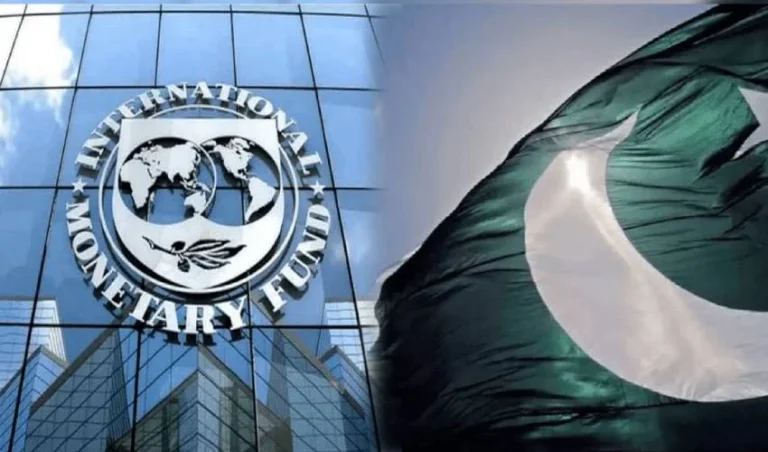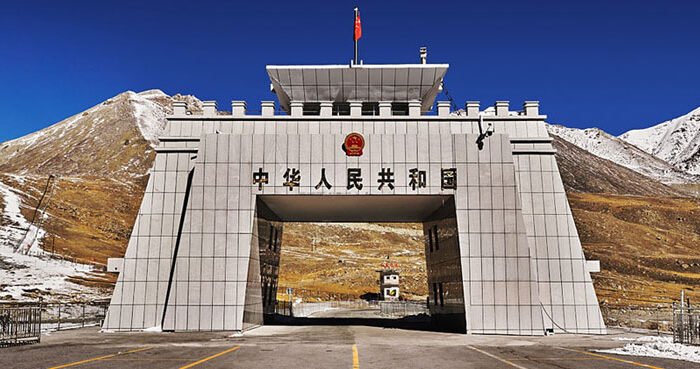An International Monetary Fund (IMF) delegation arrived in Pakistan on Monday to engage in discussions on climate financing, focusing on crucial aspects such as green budgeting, tracking climate-related expenditures, and improving transparency in reporting mechanisms. The visit is part of the IMF’s broader efforts to support climate resilience and sustainability initiatives in developing economies.
According to sources, the negotiations for the fiscal year 2025-26 will explore the introduction of a carbon levy, with detailed discussions expected in the next round of talks. The IMF team is likely to provide technical guidance and policy recommendations on implementing the levy, alongside other climate-related fiscal reforms aimed at reducing Pakistan’s carbon footprint.
The talks, scheduled to continue until February 28, will cover a wide range of climate initiatives, including strategies for expanding green budgeting, promoting electric vehicles (EVs), and implementing subsidies to encourage environmentally sustainable practices. The IMF is expected to push for the inclusion of green financing mechanisms in Pakistan’s next federal budget, ensuring long-term climate action is embedded in the country’s fiscal policies.
In addition, representatives from both federal and provincial governments will present their respective climate action frameworks to the IMF team. These presentations will focus on existing policies, ongoing initiatives, and potential areas for collaboration with international partners to combat climate change.
The IMF’s visit comes shortly after a high-level meeting in Dubai between Prime Minister Shehbaz Sharif and IMF Managing Director Kristalina Georgieva, where discussions centered on Pakistan’s macroeconomic stability and its commitment to the IMF’s reform agenda. The government has been actively working to align its policies with IMF recommendations, particularly in areas related to fiscal discipline, economic restructuring, and sustainable development.
Previously, Pakistan had sought an additional $1.5 billion loan from the IMF under its Climate Resilience and Sustainability Facility (CRSF) to help address climate change challenges. These funds are expected to support projects aimed at disaster resilience, renewable energy adoption, and climate-smart infrastructure development.
It is also noteworthy that on September 25, 2023, the IMF Executive Board approved a 37-month Extended Fund Facility (EFF) worth approximately $7 billion for Pakistan, aimed at stabilizing the country’s economy and supporting its reform agenda. This ongoing engagement with the IMF highlights Pakistan’s commitment to addressing both economic and environmental challenges through sustainable policies and international cooperation.





